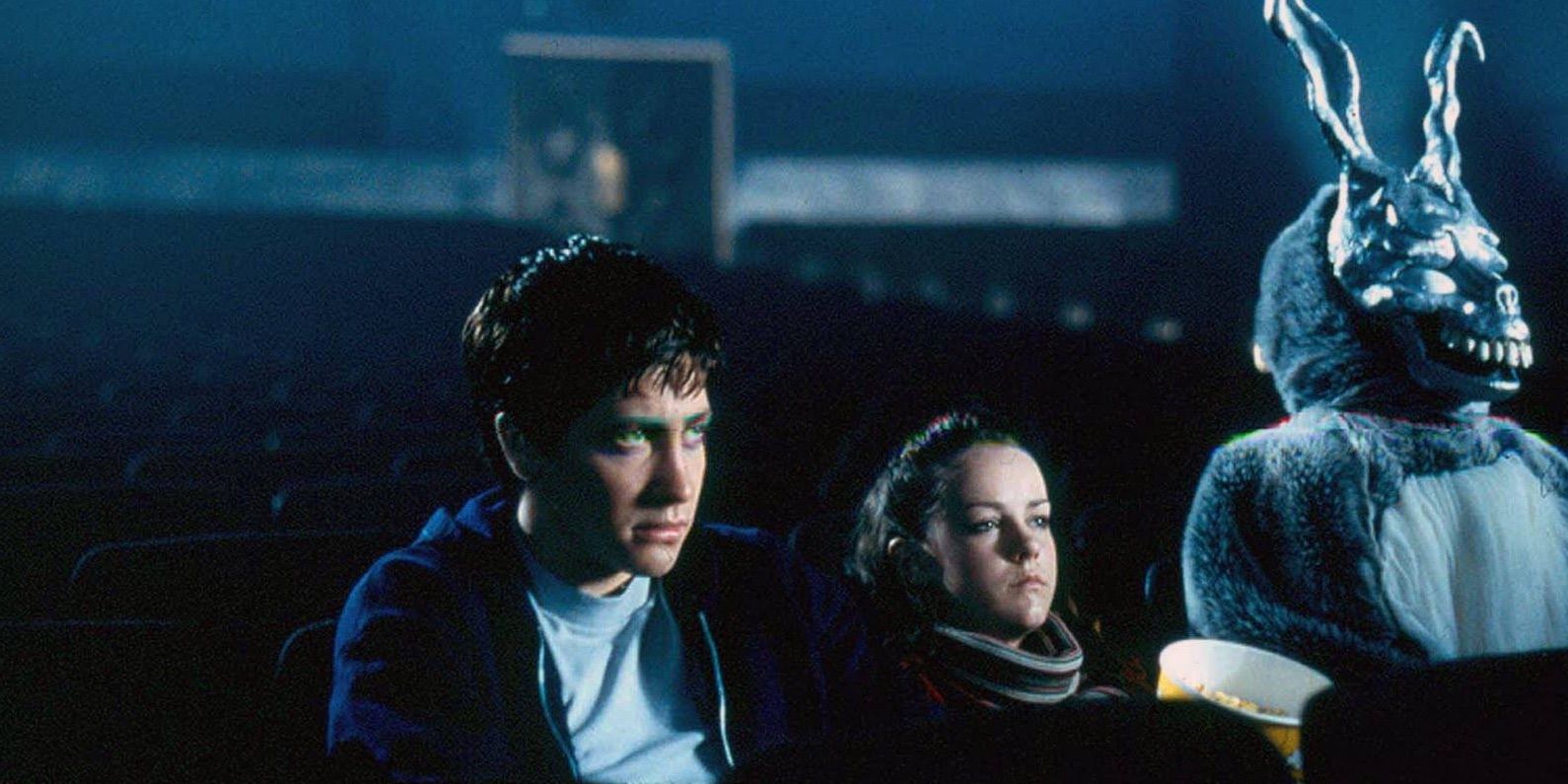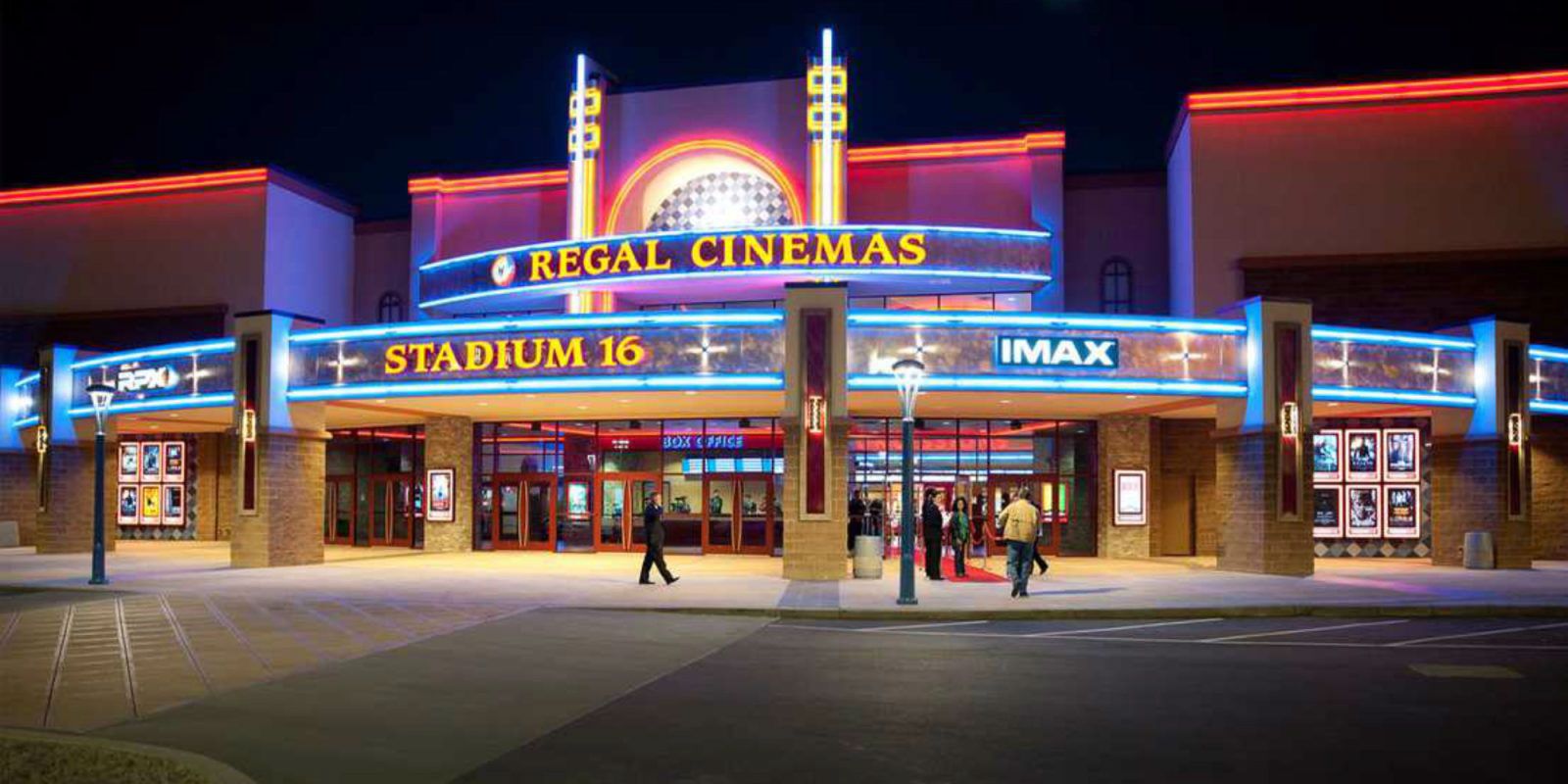Movie theaters have been hit hard this year and could lose as much as $31 billion in revenue. So far, 2020 has proven to be a rough year for the economy overall due to the stay-at-home orders in response to COVID-19. However, film, sports and event-based industries have been hit infinitely harder. China, the United States and several European countries closed movie theaters nationwide. With theaters closed, films could not bring in the box office sales that the industry so heavily relies on. While some states are beginning to reopen theaters at varying capacities, major chains like AMC and Regal remain closed nationwide.
Films are suffering just as much as movie theaters. Studios with movies slated for 2020 theatrical releases were forced to make a tough decision. Some films like Black Widow, Wonder Woman 1984 and No Time to Die opted to postpone their release dates to later in 2020, while others moved to 2021. For some movies, like Trolls World Tour, studios decided to release their films on VOD breaking their arrangements with movie theaters. This caused a rift between theaters and Trolls World Tour's production studio, Universal. No matter what call the production company made on the issue, films and movie theaters alike have still suffered greatly.
Movie theaters have clearly hit a low point, but exactly how low can that point go? According to Variety, the Omdia Cinemas is down 70 percent from where it was at this point in 2019. At the end of 2019, the film industry thrived bringing in $42 billion. If this downward trend continues, and it is certainly likely to, the industry could lose anywhere from $20 billion to $31 billion by the end of 2020. David Hancock, director for cinema at Omdia, predicts that if movie theaters are able to plan and enact on economic redemption, the final numbers for 2020 will only be 58 percent lower than 2019.
This leaves many moviegoers fearing for the future of their favorite industry. Fortunately, it is likely the industry will be able to revive itself. However, the process will be long and require innovation. According to surveys, moviegoers are anxious to get back to theaters as it is a more satisfying way to view movies rather than at home. However, the majority of moviegoers also fear gathering at theaters at the current moment due to the virus. Once it is safe, the movie theaters that prevail in spite of these tough times will be a community hub once again. Omdia's Hancock remains optimistic.
“The key issue now is reassurance. At its core, cinema is a social medium that brings people out of their homes for a communal experience. This is the point that critics of cinema always miss. During this unprecedented circumstance, cinema’s strength has become its weakness. Being social is perceived as a threat today with physical distancing being labelled social distancing. Hence the public needs to be convinced that being in a social space is a safe place to be.”
Movie theaters are fortunately not a dead medium. In a world where it is easy, and currently recommended, to isolate, it is refreshing that movie theaters are able to make an independent activity a social and communal experience. It is upsetting that they have been hit so hard during the pandemic, but the high demand proves that it is a vital industry that fulfills a huge need in our society.
However, it is important to not rush to reopen due to the economic need. The virus needs to play its course before theaters are open at full capacity once again. Moviegoers can satisfy their cravings by streaming films from home or attending drive-in movie theaters, which have significantly resurged during these times.
Source: Variety


